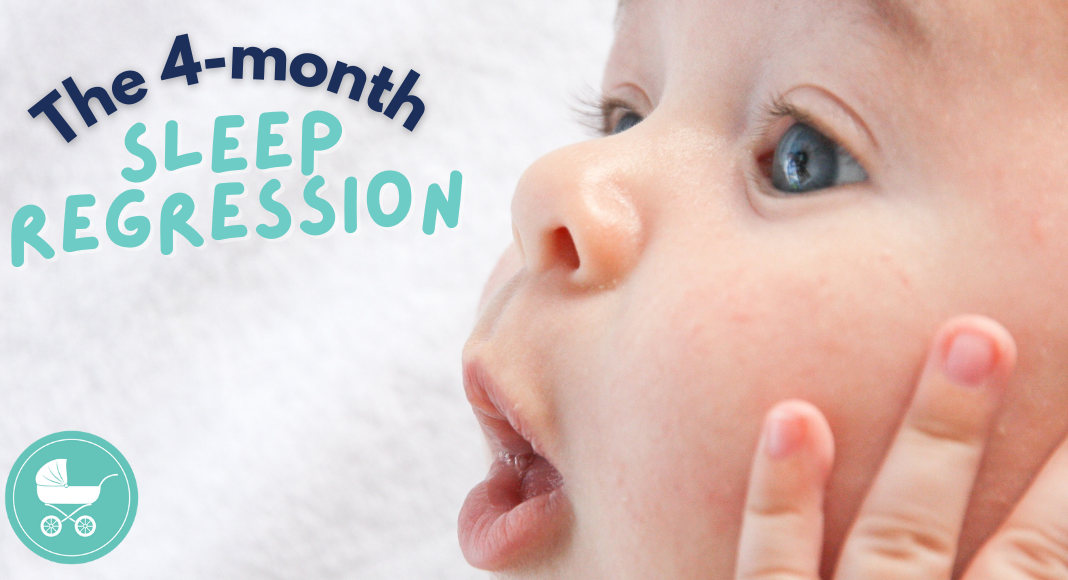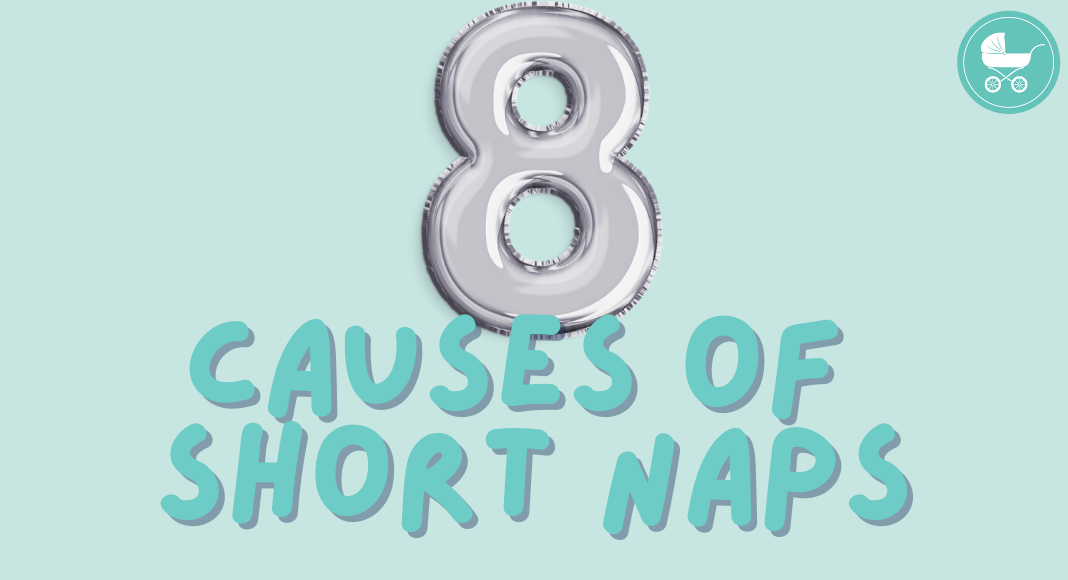
August 14, 2022
As a parent of a baby or toddler, there is little more frustrating than a sleep regression. Your once peacefully sleeping baby or toddler is now waking multiple times a night, which can cause confusion, frustration, doubt, panic, etc. What: The 3-4 month sleep regression is often characterized by a once solidly sleeping baby suddenly […]
The Four Month Sleep Regression
As a parent of a baby or toddler, there is little more frustrating than a sleep regression. Your once peacefully sleeping baby or toddler is now waking multiple times a night, which can cause confusion, frustration, doubt, panic, etc.
What:
The 3-4 month sleep regression is often characterized by a once solidly sleeping baby suddenly waking multiple times a night (outside of normal feeding times). She might also wake up very early (before 6 a.m.) and be ready for a nap about 30 minutes later (we consider this early waking a night waking). You might wonder if your baby is not getting enough milk or if she is ill. Because of the lack of nighttime rest, your baby might seem grumpy during the day. Naps are often affected, too; you might find your baby waking up only after a 30-45 minute nap or skipping naps all together.
When:
The 3-4 month sleep regression can happen as early as three months or as late as five. It can last anywhere from two to six weeks. Many times, babies will simply “snap out of it” and revert back to their peacefully sleeping ways, but sometimes, moms and dads need to do a little extra coaching to ensure their little ones (and the rest of the family) get the sleep they need.
Why:
We’re sure you’ve noticed how newborns can sleep in any place or with any level of noise and not wake up. Often times, all it takes is a little rocking or a short drive in the car to get those little ones asleep, and they’ll more than likely stay that way for a few hours. They might actually have to be woken up to feed! Unlike adults, newborns fall into deep sleep more quickly and stay in that deep sleep longer.
Around 3-4 months after birth, however, a baby’s sleep patterns begin to change. Instead of getting to that deep sleep quickly, most babies begin sleeping more like an adult: it takes them longer to get fully asleep, and they cycle between light and deep sleep throughout the night.
It’s at this point that sleep crutches – such as using a pacifier or being rocked or fed to sleep – might become a problem. What babies need to help them fall asleep at the beginning of the night, they will often insist on getting every time they cycle out of a deep sleep – thus the night wakings.
Think of it this way – how would you feel if you fell asleep in your cozy bed only to find yourself awake on the kitchen floor? Not fun! Sleep crutches have this “kitchen floor effect” on babies.
It’s also important to note that at this age, most babies go through a huge developmental leap. They’re often more awake and alert for longer periods of time and begin to take in the world around them. This is a good thing! But it can also have a tremendous effect on their sleep patterns.
What To Do:
Now is when you need to focus on gently helping your baby fall asleep on her own. This means making sure that she is drowsy but awake when you place her in the crib. This is also the time to implement a consistent sleep routine for nap times and bedtimes if you haven’t done so already.
Babies thrive on predictable patterns. Now is the time to help your baby know what is coming next. By establishing a sleep routine with cues for your baby early on, you are setting her up for success in the months to come!
And, above all else, try not to create additional sleep crutches. If your baby wasn’t taking a pacifier before, don’t give her one now to see if it will help her sleep. If she is taking a pacifier, resist the urge to replace it each time she wakes throughout the night. Even babies that love their pacifiers can learn to put themselves to sleep without it!
You may also need to evaluate your swaddling routine. Are you still swaddling your baby? If so, it may be time to switch to a sleep sack or even a Magic Sleepsuit. Every baby is different. There is no right answer as to when to transition specifically, but we are here to assist you. You can read more about swaddle transition products here.
Hang in there, and do your best to be consistent.
Check out this blog post on breaking common sleep habits to learn how to help your little one fall asleep on her own.
Still need help? Be sure to let us know! We can design a sleep plan just for you and provide you with the support and encouragement you need to get through this frustrating phase!
Get instant access to our free sleep class for children from newborn to 5 years old. You will learn how to get your child to sleep independently -- and all through the night!
Get Your Child To Sleep All Night Long in as Little as 7 Days!
join the free class
THE CLASS


